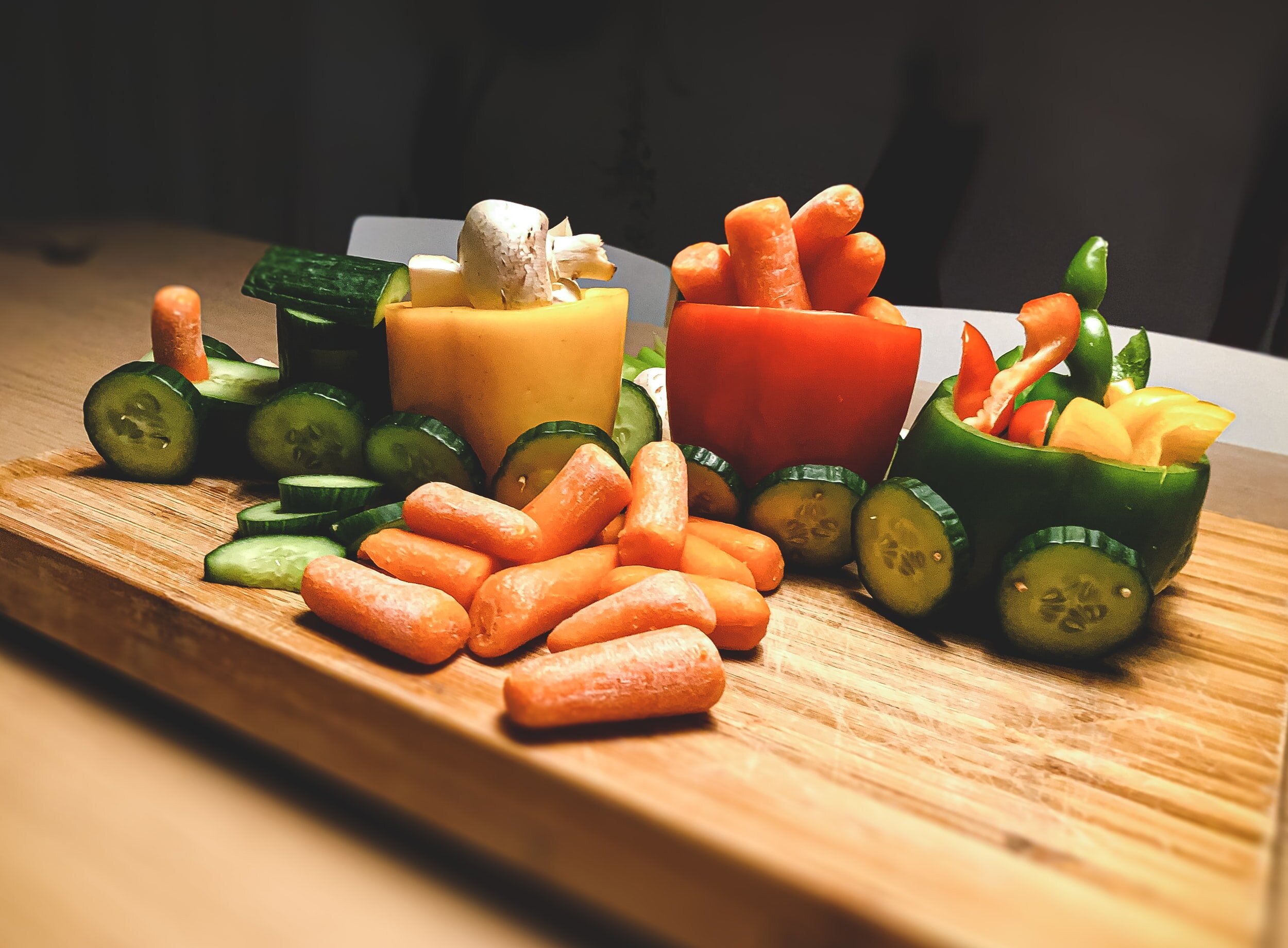
You are what you eat
Want the full rundown on Kosher? Scroll down or click on these categories:
» The Basic Rundown
» Kosher Animals
» Animal Byproducts
» Separating Milk + Meat
» Kosher Dishes
» Kosher Certification
» Going Kosher
The food we consume plays a big role in our health. Healthy eating leads to healthy living. Spiritually healthy eating leads to spiritually healthy living.
Enter: Kosher - the G-d given guide that allows us to infuse our bodies with an elevated, holy eating experience.
Next time you grab breakfast to go, break for lunch, or have dinner with friends, it is no longer simply a gastronomical delight. It becomes a spiritual experience, inviting G-d to join in your meal too.
**Please note: This is meant to provide a brief overview living the Kosher life. This is NOT a comprehensive, all encompassing guide. To learn more about Kosher, visit chabad.org/kosher or email us here.
The Basic Rundown
Certain species of animals (and their eggs and milk) are permitted for consumption, while others are forbidden—notably pork and shellfish.
Meat and milk are never combined. Separate utensils are used for each, and a waiting period is observed between eating them.
Meat must come from animals that are slaughtered in a specific (and painless) manner known as shechitah, and certain parts of the animal (including the blood) must be removed.
Fruits, vegetables and grains are basically always kosher, but must be insect free. Wine or grape juice, however, must be certified kosher.
Since even a small trace of a non-kosher substance can render a food not kosher, all processed foods and eating establishments require certification by a reliable rabbi or kashrut supervision agency.
Kosher Animals
Mammals: A mammal is kosher if it has split hooves and chews its cud. It must have both kosher signs. Examples: cows, sheep, goats and deer are kosher; pigs, rabbits, squirrels, bears, dogs, cats, camels and horses are not.
Fowl: The Torah lists 24 non-kosher bird species—mostly predatory and scavenger birds. Examples of kosher birds are the domestic species of chickens, ducks, geese, turkeys and pigeons.
Reptiles, amphibians, worms and insects: With the exception of four types of locust, these are not kosher.
Fish & Seafood: A water creature is kosher only if it has fins and scales. Examples: salmon, tuna, pike, flounder, carp and herring are kosher; catfish, sturgeon, swordfish, lobster, shellfish, crabs and all water mammals are not.
Animal Byproducts
A rule of thumb cited by the Talmud is: What comes from a kosher animal is kosher; what comes from a non-kosher animal is not kosher.
Thus, milk and eggs are kosher only when they come from kosher animals. In addition, all eggs should be carefully examined before use to ensure that they are free of blood spots.
Honey is not considered an animal product, so honey is kosher though bees are not.
Separating Milk + Meat
Meat and milk are never combined. Separate utensils are used for each, and a waiting period is observed between eating them.
Kosher foods are divided into three categories:
Meat includes the meat or bones of mammals and fowl, soups or gravies made with them, and any food containing even a small quantity of the above.
Dairy includes the milk of any kosher animal, all milk products made with it (cream, butter, cheese, etc.), and any food containing even a small quantity of the above.
Pareve foods are neither “meat” nor “dairy.” Eggs are pareve, as are all fruits, vegetables and grains. Pareve foods can be mixed with and eaten together with either meat or dairy. Fish are Pareve but are not eaten directly with meat.
Kosher Dishes
Even a small trace of a non-kosher substance— often as little as 1/60th of the food’s volume — will render food not kosher. Similarly, dishes that come in contact with hot food will absorb its “taste” and subsequently impart it to other food.
Therefore, fruit juice pasteurized in the same machinery as non-kosher milk, or a vegetarian dish prepared in a non Kosher restaurant kitchen —these would all be regarded as non-kosher if the proportion of the non-kosher substance is greater than the permissible percentage.
This is why separate utensils are used for meat and milk, and that a reliable kosher certification is needed for foods processed or prepared outside the home.
The kitchen, too, must be “kosher,” meaning that all dishes and countertops are used exclusively for kosher food, and that separate dishes and countertops are used for meat and dairy.
Kosher Certification
Modern-day food technology is complicated. Many processed foods have traces of non-Kosher ingredients without the legal need to list them on the ingredient list. It takes an expert in the field to determine whether or not processed foods are Kosher.
Click here to see a list of reputable Kosher certification agencies. If you see one of these on a grocery store item, you are good to go!
Going Kosher
The decision to make your home kosher is a big one, but it sure does not need to be overwhelming.
Koshering your home is spiritually transformative, highly powerful and a beautiful way to scale up your connection to G-d.
We are here to help guide you through the process of Koshering your home.
We have secured a grant from an anonymous donor to help subsidize some of the cost of new dishes for CYP folks turning their kitchen Kosher.
As with everything in Judaism, Kosher is not a zero sum game. Consider taking the Shabbat Kosher Challenge - committing to observe Kosher one day a week. We’ll help through it, and provide you with a complimentary Kosher Shabbat kit.
For more info on Koshering your home, email us and we’ll help you through it!






